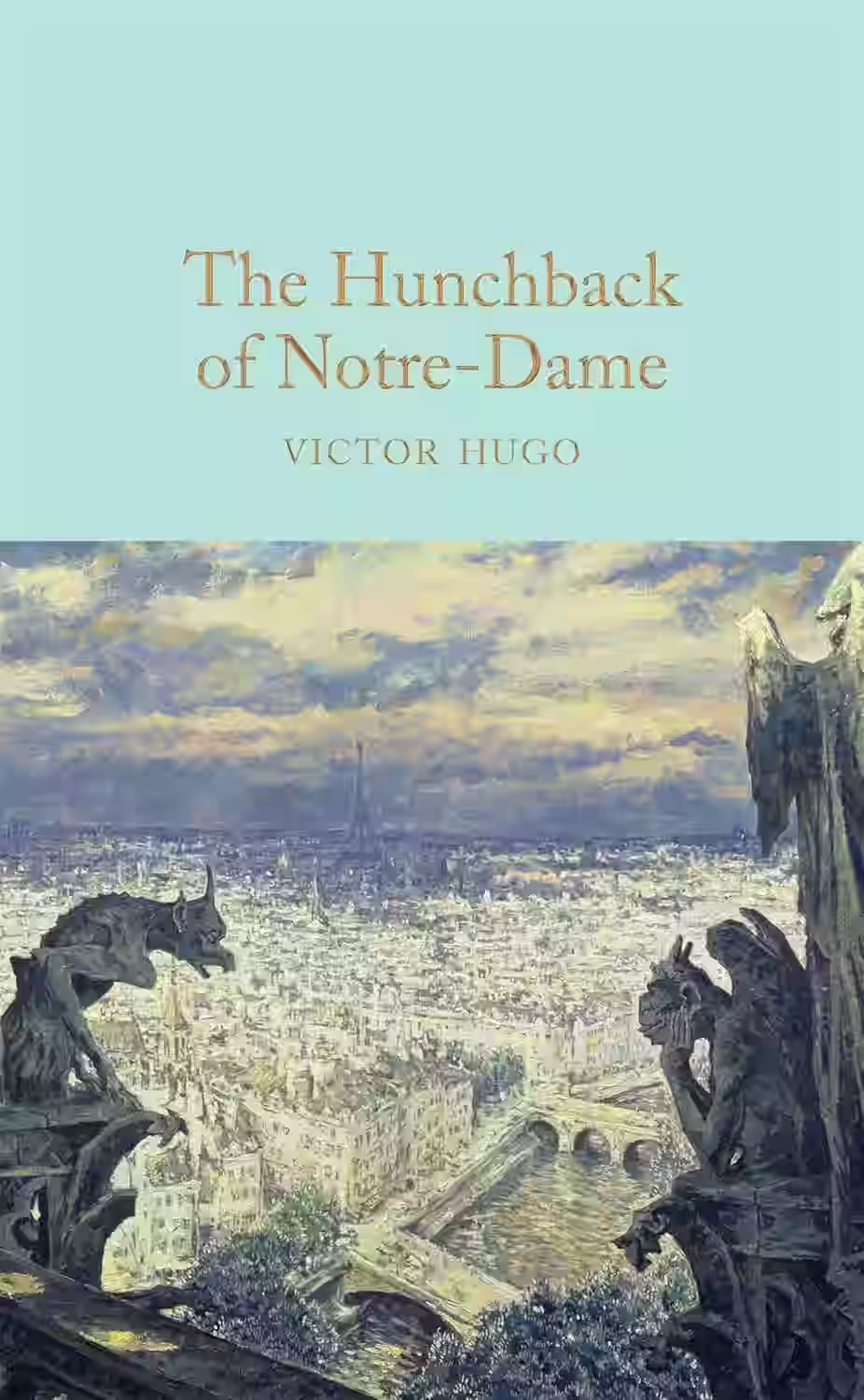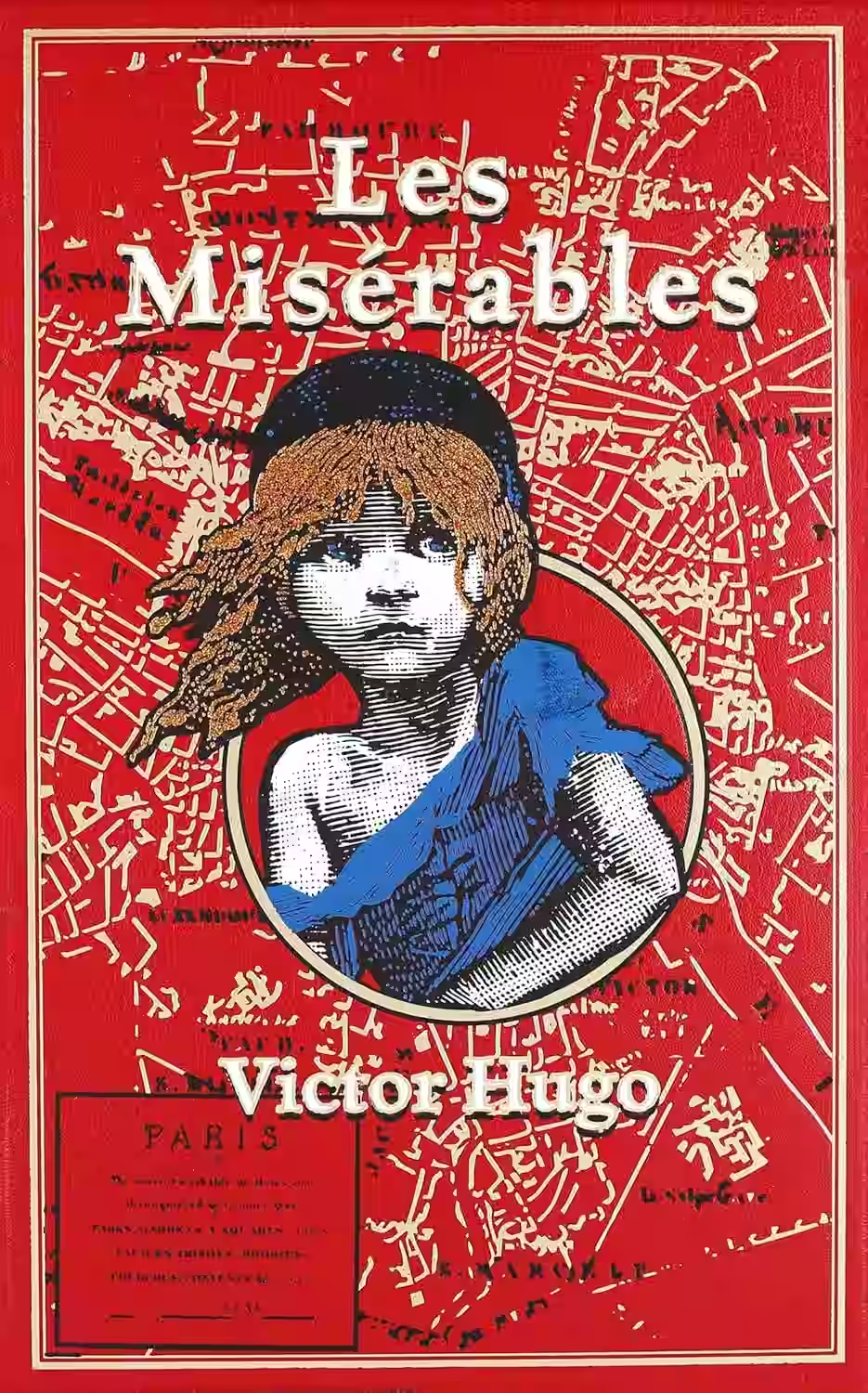Victor Hugo
A French poet, novelist, and dramatist, a towering figure of the Romantic movement. His monumental novels, Les Misérables and The Hunchback of Notre-Dame, are celebrated for their epic scope, social commentary, and deeply human characters. Hugo's work championed the downtrodden, explored themes of justice, redemption, and love, and often critiqued societal injustices. His passionate prose, vivid descriptions, and profound moral vision cemented his status as a literary giant and an enduring voice for humanity.

An emotionally stirring story, Victor Hugo's The Hunchback of Notre-Dame is rightfully considered to be one of the finest novels ever written. Rejected by fifteenth-century Parisian society, the bell-ringer Quasimodo believes he is safe under the watchful eye of his master, the Archdeacon Claude Frollo. But after Quasimodo saves the beautiful Romani girl Esmeralda from the gallows and brings her to sanctuary in the cathedral, he and Frollo's mutual desire for her puts them increasingly at odds, before compassion and cruelty clash with tragic results.

Victor Hugo’s Les Misérables is an epic novel set in 19th-century France that follows the redemption journey of Jean Valjean, an ex-convict pursued by the rigid inspector Javert. The book weaves together stories of love, revolution, injustice, and mercy, featuring characters like the destitute Fantine, her daughter Cosette, and the student Marius. A profound social commentary on poverty, class, and morality, it combines human drama with philosophical reflection. Its enduring themes and sweeping narrative have made it a cornerstone of classic literature.